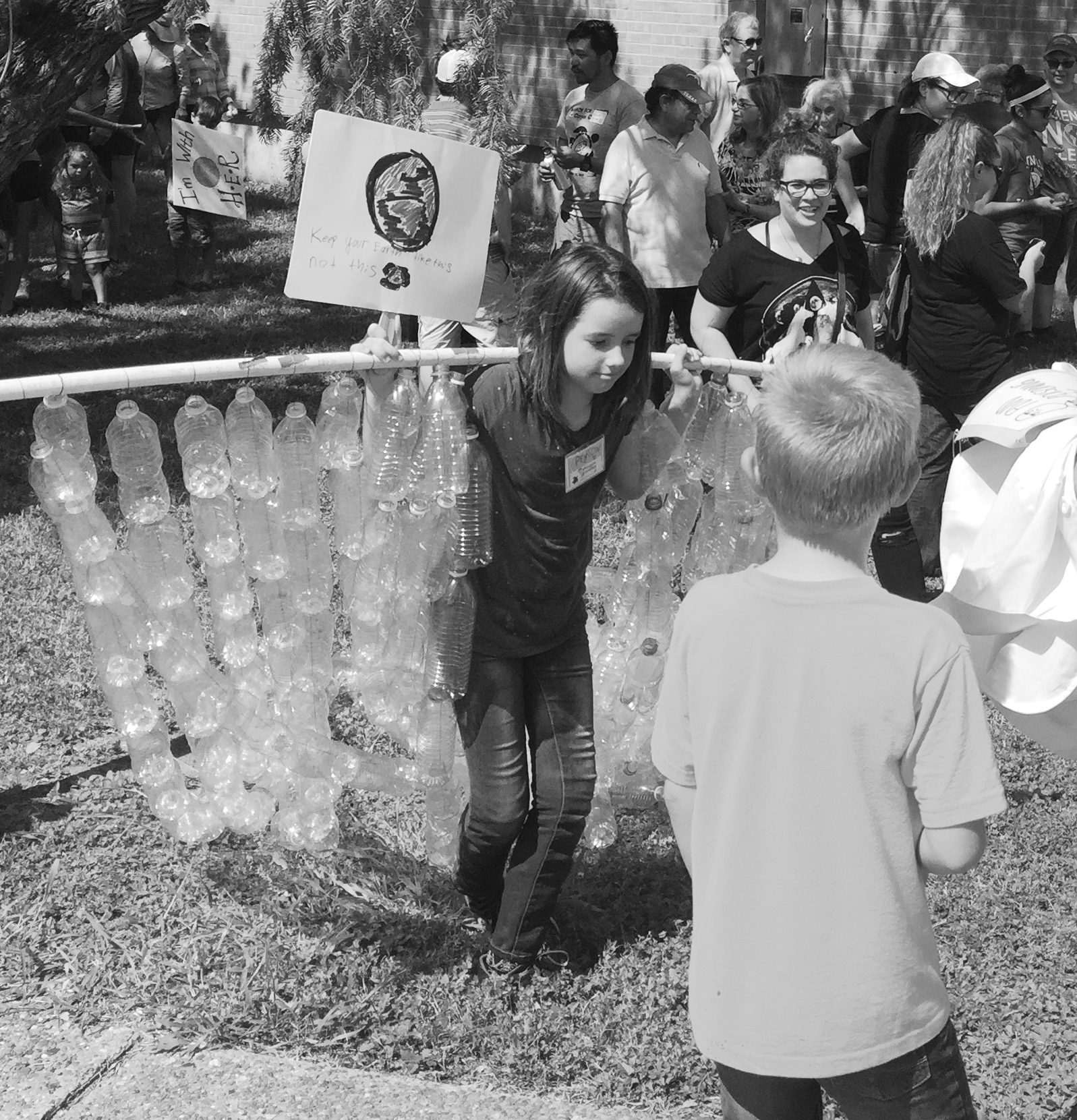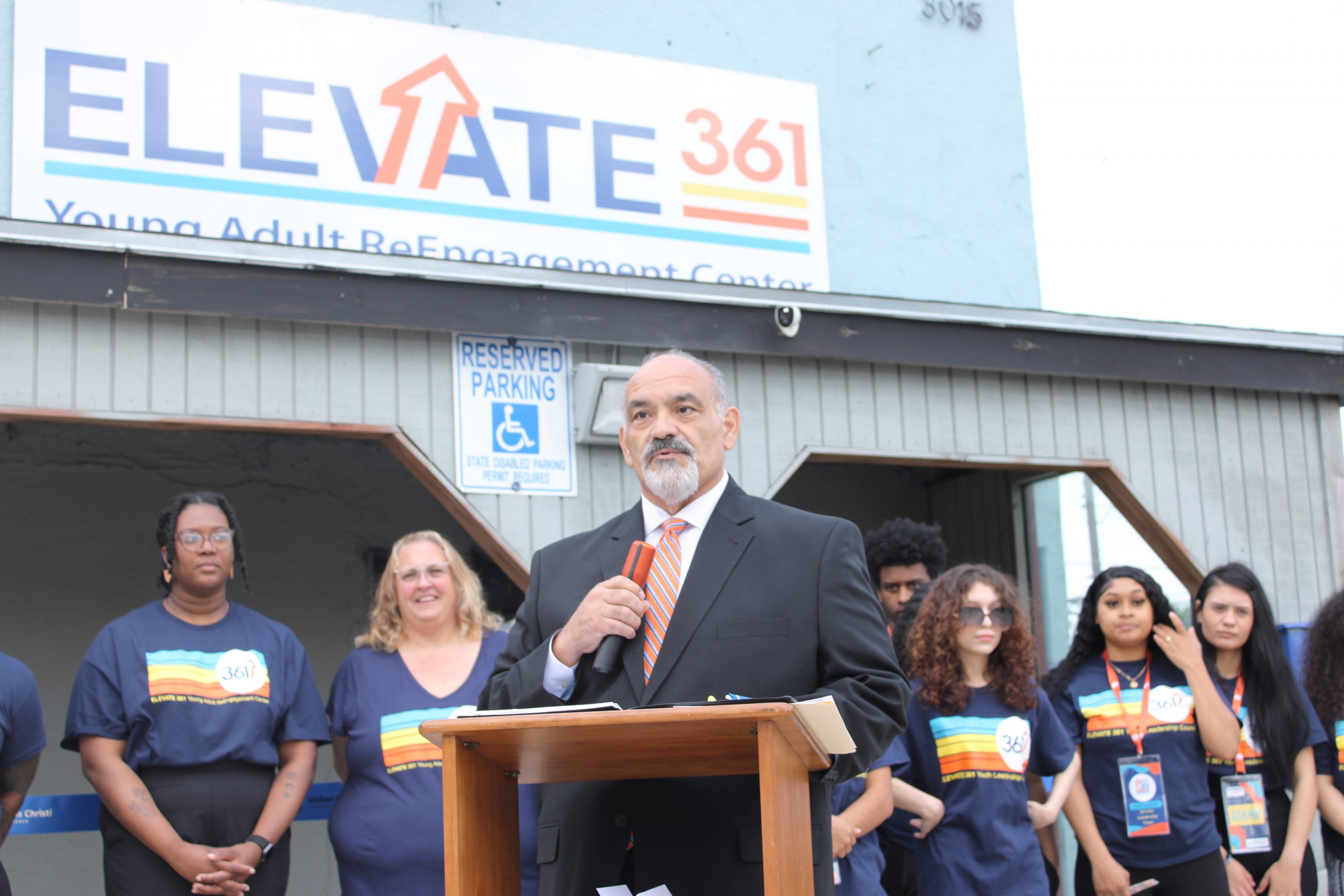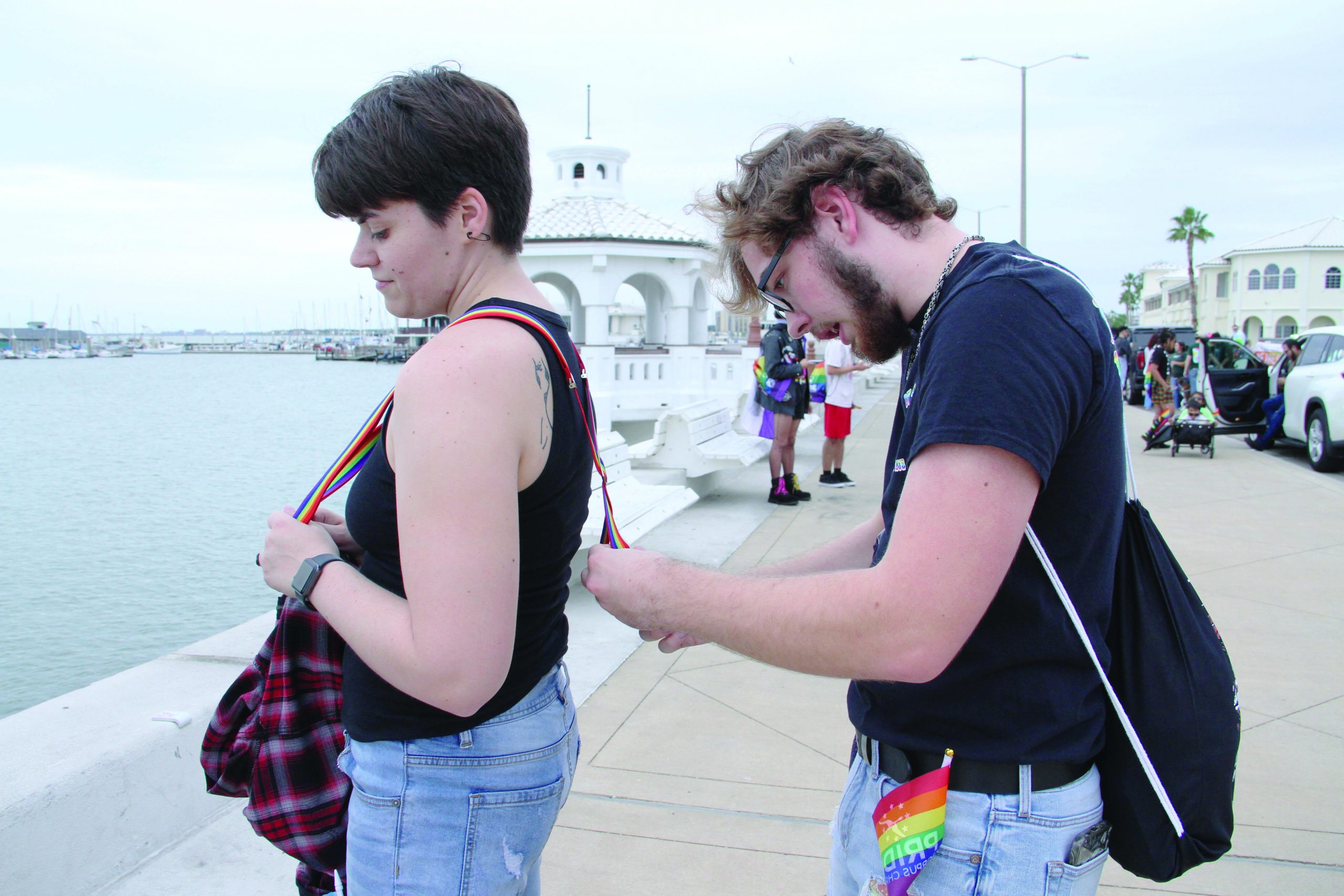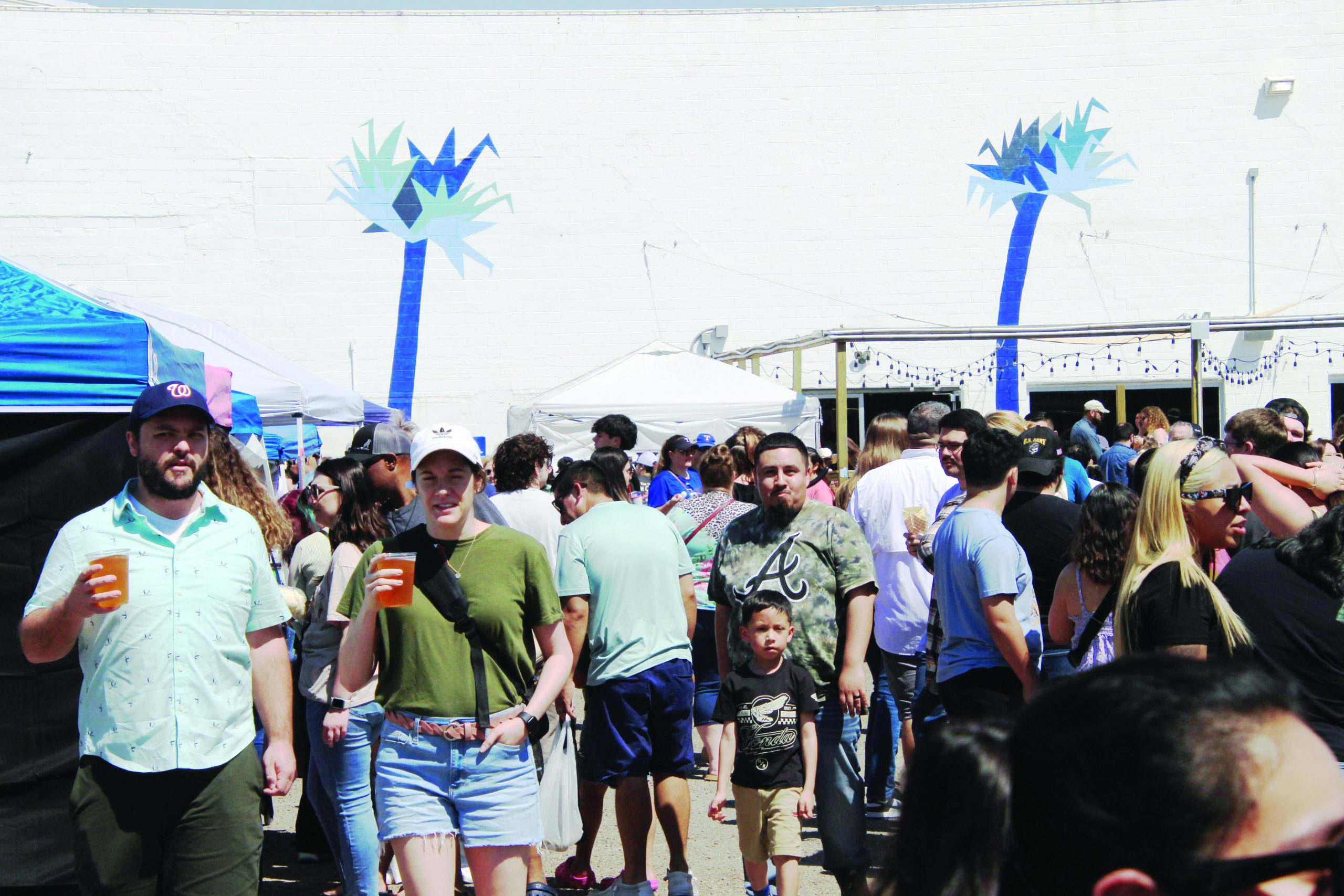March for Science
Mark Young
@foghornmark
About 300 people marched from the Selena memorial to the Museum of Science and History to show the community the importance of science on a recent Saturday morning. The march was one of the many held across the world, with organizers saying over 600 “satellite” marches and demonstrations were planned on all seven continents (yes, including Antarctica) for Earth Day.
The Corpus Christi march was planned to be less of a protest march rather than an educational march according to DMC professor Teresa Klein, who was one of the organizers for the event.
“I saw that there was a national march for science going to happen, and as a person who loves and supports I thought it was a good idea to start one,“ Klein said. “We originally thought of making it a protest, but instead went with a celebration of science. All fields of science have been challenged at one time or another, so the march was to encourage all voices to be heard and show their support of science.”
After marching from the Selena memorial to the museum, a group from various fields and professions spoke on the importance of science and why they believe the current political climate is hurting scientific progress.
Louisa Hughes, a biotech and biology major and social media officer for the Science, Engineering, and Math Majors Organization (SEMMO) at DMC, said she was at the event because “science is the future. STEM fields support everything that people need and without it we would be in a much worse world.”
DMC and Texas A&M University-Corpus Christi had tables set up at the event with students, like Hughes and SEMMO, with their work in the STEM field being shown.
Susana Samayoa, a mechanical engineering major and soon to be hall of famer at one of the tables, said she was at the event to “make a statement that science is important” and that “science shouldn’t be such a political issue, because it affects everyone no matter what party you’re in.”
Barbara Canales, a commissioner on the Port Corpus Christi Board, spoke to the crowd about how concerned she was about the cuts to National Estuary and programs.
“The budget is being cut almost entirely at the federal and the state funding depends on how much the federal government has,” Canales said. “Without it, the program can’t work with industries to be more environmentally friendly and safer for communities.”
DMC psychology professor Beatriz Alvarado was at the event to “show that science is important and has impacted everyone’s life.” She even offered extra credit to her students to come to the presentation and listen to the speakers.
“Over 60 of my students have shown up which is hopeful. I want them to learn from different people in the community how science has impacted them,” Alvarado said. “ Expertise in a field doesn’t count as much as it used to and I want my students to learn to be skeptical and always be fact-based.”
DMC Professor Jim Klein spoke as the president of the Texas American Association of University Professors, where he stressed the importance of teaching others about the environment and making sure people take care of it.
“Science is at a gold standard right now because there is no outside or political influences,” Jim Klein said. “This is a good way to show politicians that people believe in science and voting against it is not a good idea. Science is a public good. It benefits anyone and everyone, no matter who you are.”





